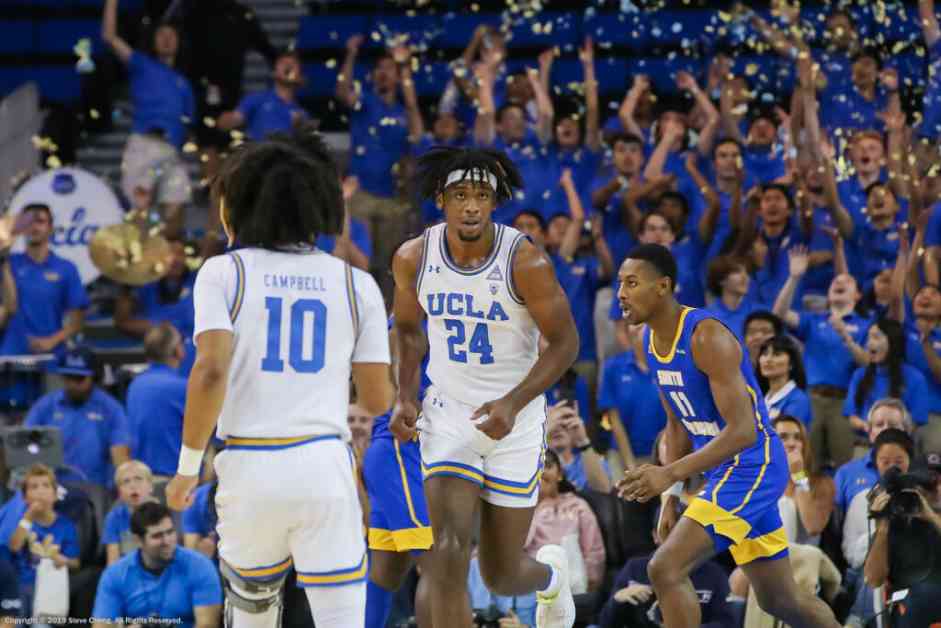Supporting Student-Athletes: Enhancing the College Experience
College athletes are often in the news for their sports achievements, but what sometimes goes unnoticed is the balancing act they perform as student-athletes. Division I student-athletes at California public universities not only manage the typical college workload but also juggle rigorous training schedules, travel commitments, and competitive games. The demands can feel like a full-time job on top of academics, posing unique challenges that require additional support to ensure success both on and off the field.
Academic Support for Student-Athletes
To address the diverse needs of student-athletes, many university sports programs offer specialized resources focused on academic success. These resources include academic advising, priority class registration, mental health support, tutoring, and more. Emphasizing the importance of academics, student-athletes are encouraged to prioritize their studies over their athletic commitments. Ebba Adinew, a UC Riverside track and field athlete, highlighted the significance of maintaining a balance between sports and academics, with a priority given to classroom performance.
Role of Academic Advisers
At universities like UC Berkeley, the appointment of Tarik Glenn as the Athletic Study Center’s interim executive director reflects a commitment to the holistic development of student-athletes. Glenn’s experience as a former Cal football player and Berkeley Hall of Famer positions him well to support athletes in their academic journey. The focus on character and leadership development, along with career coaching, underscores the university’s dedication to preparing student-athletes for life beyond sports.
Career Preparation Programs
Beyond academic support, universities like UC Davis and San Diego State offer programs aimed at preparing student-athletes for future careers. EVO at UC Davis provides essential career development clinics, while Aztecs Going Pro at San Diego State focuses on personal growth and civic engagement. These initiatives equip student-athletes with the necessary skills and resources to transition successfully into the workforce post-graduation.
Challenges Faced by Student-Athletes
Despite the support systems in place, student-athletes encounter unique challenges, such as navigating academic responsibilities during competitions. Accommodations for exams or assignments conflicting with athletic schedules are essential to ensure student-athletes can excel in both areas. In cases where professors are unsupportive, student-athletes rely on academic advisers and athletic directors to intervene and advocate on their behalf.
Kelcie Lee, a second-year student at UC Berkeley, and Emily Hamill, a third-year student at UC Berkeley, have contributed to shedding light on the experiences of student-athletes in balancing academics and sports. Their insights provide a glimpse into the daily challenges faced by these dedicated individuals, emphasizing the importance of a strong support system within the university community.
Navigating the dual roles of student and athlete is undoubtedly a demanding task, requiring resilience, time management, and unwavering dedication. As student-athletes strive to excel both academically and athletically, the significance of comprehensive support systems cannot be overstated. Through prioritizing academic success, career preparation, and mental well-being, universities play a pivotal role in empowering student-athletes to achieve their full potential on and off the field.




















